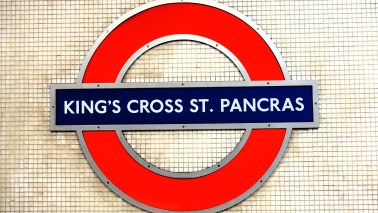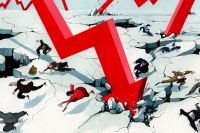Many Chancellors had their economic vision dashed by political and economic events. The post-war consensus buckled under the pressure of the 1970s oil shock. Gordon Brown stayed around long enough to watch New Labour defeated by a financial crisis. George Osborne’s smaller-state, tight public spending model couldn’t politically sustain itself past Brexit.
Remarkably, Rishi Sunak may be a Chancellor to buck this trend, as the economic shocks have occurred before he has put his economic vision into practice. This was in stark relief when the Chancellor delivered his agenda-setting Mais Lecture on the day Vladimir Putin invaded Ukraine. Covid-19 and now a cost-of-living crisis, choppy economic waters indeed.
The challenge now is to make sure that his long-term vision for a ‘culture of enterprise’ isn’t swallowed up by the tremendous short-term squeeze: unlike his predecessors, who had their ideas thrown back down to earth, his may never get off the ground.
The national insurance rise will hit businesses too
At the heart of Rishi’s Mais Lecture was a drive to make business more entrepreneurial and innovative, the very things that would make the British economy more resilient.

Get Britain's best politics newsletters
Register to get The Spectator's insight and opinion straight to your inbox. You can then read two free articles each week.
Already a subscriber? Log in






Comments
Join the debate for just £1 a month
Be part of the conversation with other Spectator readers by getting your first three months for £3.
UNLOCK ACCESS Just £1 a monthAlready a subscriber? Log in